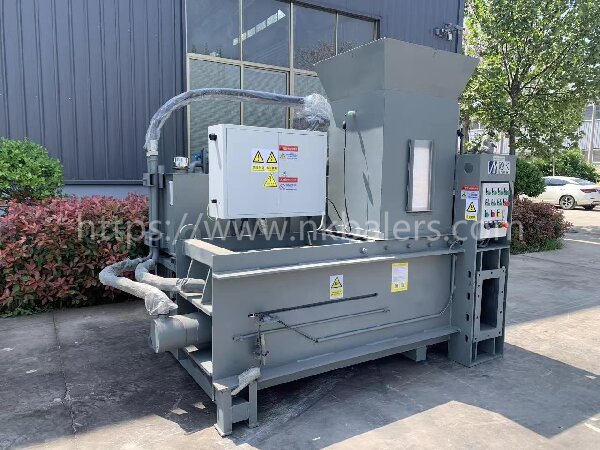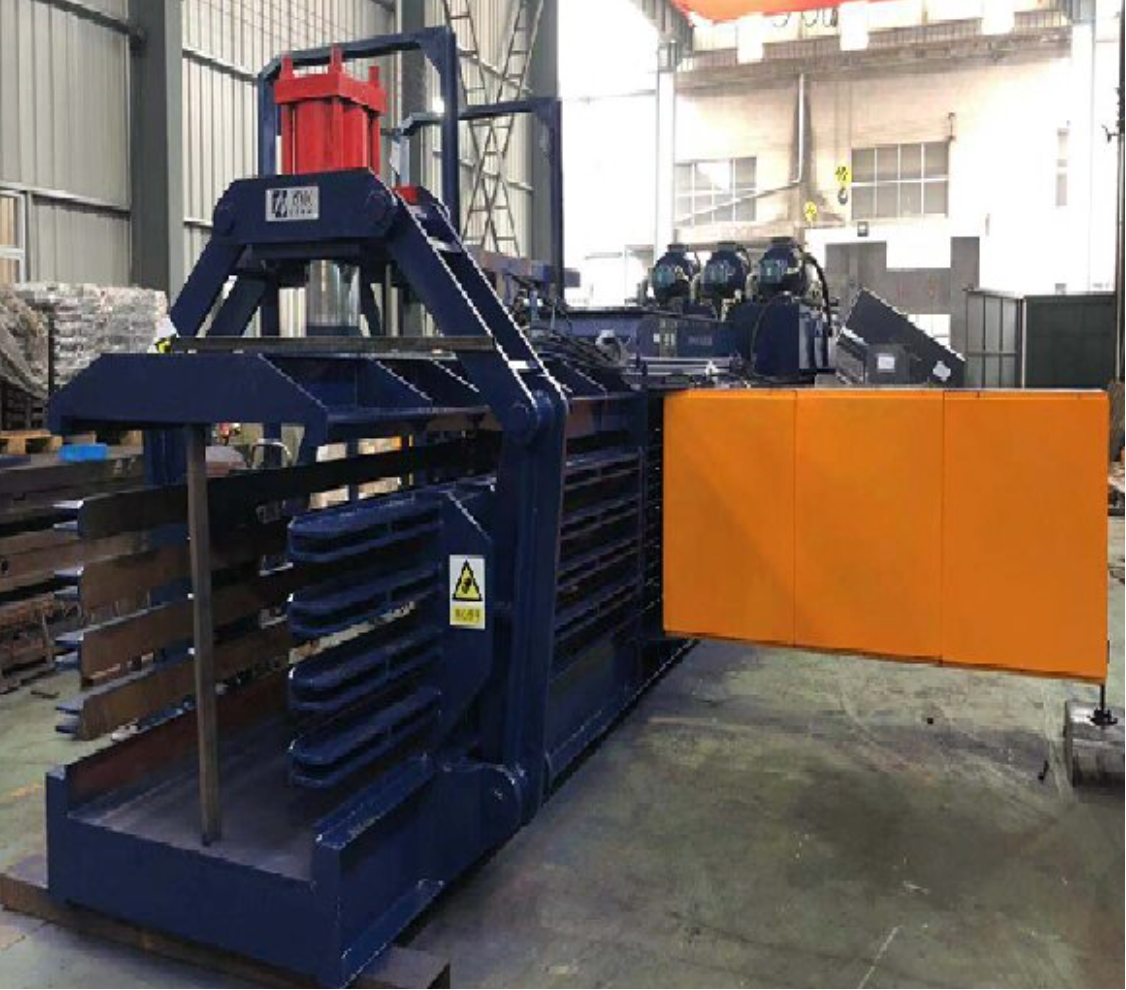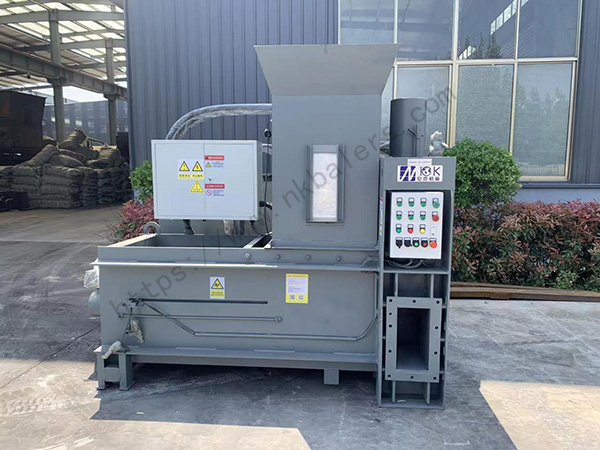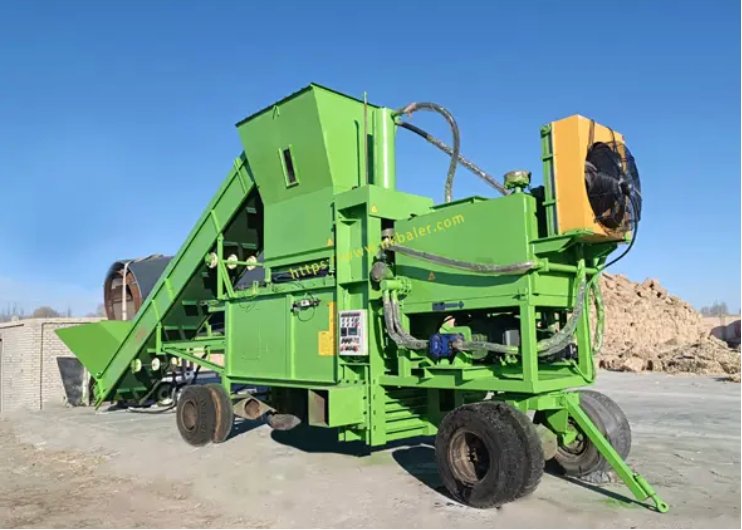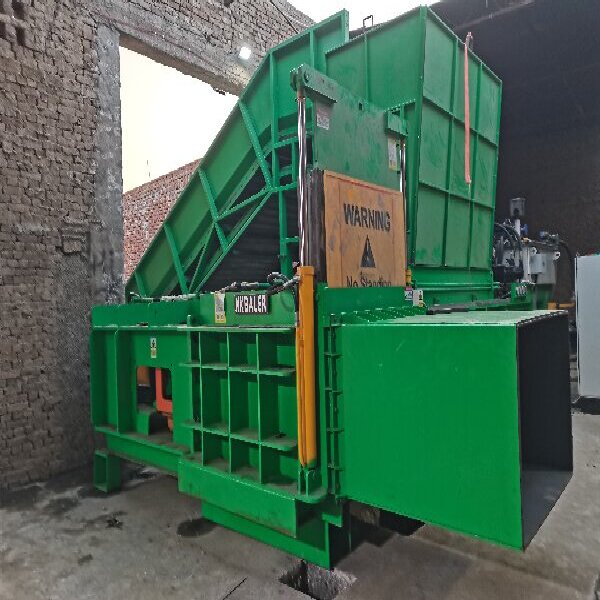As an important piece of agricultural machinery, the maintenance of Rice Straw Baling Machine directly affects their lifespan and operational efficiency. Many users ask, “How much does a Rice Straw Baling Machine cost?” when purchasing one. However, the cost and ease of maintenance are equally important. Routine maintenance mainly includes cleaning, lubrication, and inspection. After each operation, promptly clean any remaining straw debris inside and outside the equipment, especially the compression chamber and pickup area, to prevent buildup from affecting performance. Lubrication should be performed regularly, paying particular attention to bearings, chains, and other transmission components, using appropriate lubricating oil and maintaining proper lubrication intervals.
Seasonal maintenance is especially important for Rice Straw Baling Machine. Before the start of the operating season, a comprehensive inspection of the equipment is necessary, including key components such as the hydraulic, transmission, and electrical systems. Replace worn or aged parts, replenish hydraulic and lubricating oil, and adjust all operating parameters. After the operating season, a more thorough maintenance is required: thoroughly clean the equipment, apply rust prevention treatment to easily corroded parts, loosen the drive belts, drain the water tank, and store the equipment in a dry, well-ventilated location. These maintenance tasks may seem tedious, but they effectively extend equipment lifespan and prevent malfunctions in the next operating season.
Professional maintenance services are also essential. It is recommended to have a comprehensive overhaul performed annually by professional technicians, including hydraulic system pressure calibration, safety device testing, and flaw detection of critical components. Simultaneously, a complete equipment file should be established, recording the specific details of each maintenance, the parts replaced, and any problems found. Although professional maintenance incurs costs, these investments are well worth the production losses caused by equipment failures. Remember, proper maintenance not only reduces repair costs but also keeps equipment in optimal working condition, thereby improving operational efficiency and quality.
Nick Baler’s bagging machines offer a high-efficiency solution for compressing, bagging, and sealing lightweight, loose materials, including agricultural waste, sawdust, wood shavings, textiles, fibers, wipers, and biomass waste. By converting loose materials into compact, easy-to-handle bags, these machines ensure efficient storage, improved cleanliness, and minimized material loss.
Whether you’re in the livestock bedding industry, textile recycling, agricultural processing, or biomass fuel production, Nick Baler’s advanced bagging balers help streamline operations by reducing waste volume and improving material handling. With over 20 years of experience, we deliver customized solutions that enhance efficiency, durability, and automation in material packaging.
Nick machinery bagging machines are mainly used for packaging wood chips, sawdust, straw, paper scraps, rice husks, rice sugar, cotton seeds, rags, peanut shells, cotton fibers and other similar loose fibers.
https://www.nkbaler.com
Email:Sales@nkbaler.com
WhatsApp:+86 15021631102
